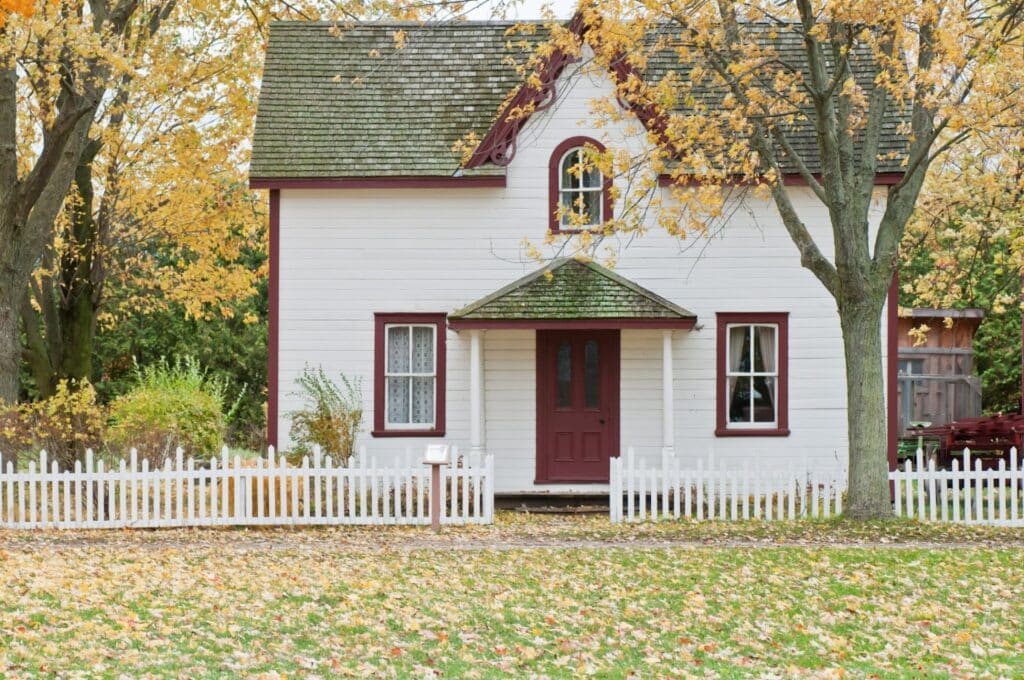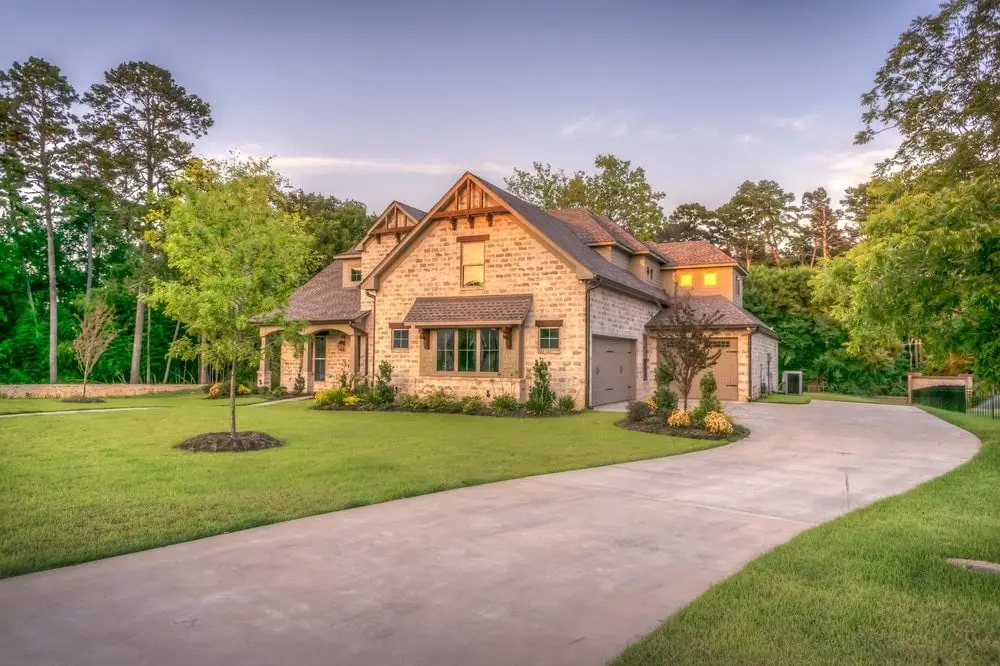A home inspection is a vital part of the home buying and selling process. While prices vary, the cost of a home inspection ranges between $300-$500, according to the U.S. Department of Housing and Urban Development. The national average cost of a home inspection is $340.
Things to know about home inspection costs
The typical home inspection cost may be higher for larger homes or for specific issues such as mold, asbestos, or radon. Paying for a home inspection is a smart move for buyers, but it can also be valuable for sellers. Understanding the typical home inspection cost is essential so customers can include it in their home buying or selling budget.
While a professional home inspection isn’t required to buy or sell a home, getting one is recommended to protect both the buyer and seller.
What’s the average cost of a home inspection in the U.S.?
The average cost of a home inspection is between $300 and $500, but can be as high as $600 or more in some cases. The typical home inspection cost is around $350.
According to the American Society of Home inspectors, a single-family home inspection takes about 2-4 hours to finish, although the exact time depends on the size and condition of the property. A home inspector can’t pass or fail a house, but they will describe its general condition and outline any existing problems that need to be addressed.
Homeowners typically receive a home inspection report within 24 to 48 hours following the inspection. The report includes all of the findings, pictures of the property, analysis of specific areas, and recommendations for homeowners.
Why home inspections are important
If you have never done a home inspection, you probably wonder whether you need it. While home inspections are not mandatory, they are an essential part of the home buying process, and there are many reasons why you shouldn’t skip them.
A home inspection allows you to check if a home has severe issues before making a financial commitment. Not all problems are apparent when you tour a house, and it can be tough to spot defects in systems or construction. Home inspectors can quickly identify these issues during the inspection process.
What determines the average cost of a home inspection?
Several factors determine the average price for a home inspection.
- The region or state where the property is located – some states have higher home inspection costs than others. For example, a home inspection in coastal parts of California is more expensive than a home inspection in most Midwestern states.
- Inspector’s travel time to the property – home inspection prices for rural or remote areas tend to be higher because a home inspector has to cover a long distance to get there.
- The size and age of the home – older properties typically take longer to inspect due to age-related issues. Likewise, bigger homes take more time to inspect, thus affecting the home inspection price.
- The state of a local real estate market – a housing market that has a high demand for home inspectors will have more expensive home inspections than the slower market where home inspectors have less work.
- The number of qualified inspectors in the area – if your area has a shortage of home inspectors, you will most likely pay more for a home inspection.
- Additional services like radon and asbestos testing and mold inspections can also affect the total cost of the home inspection – if a home inspector performs ancillary services, your home inspection will most likely be more expensive.

What’s included in the typical home inspection cost?
A professional home inspector certified by The International Association of Certified Home Inspectors, or InterNACHI®, is trained to use a specific home inspection checklist. This checklist covers over 1,600 features of a property that may require attention or repair.
Here are some of the main areas that are examined during a home inspection:
- The average cost of a home inspection includes the assessment of the yard for any potential water issues or septic problems
- Inspection of the home’s overall structure including the foundation, windows, and doors
- Inspection of the exterior to find signs of rot, decay, or excavation issues
- An overview of the roof to identify any signs of shingle, flashing, or fascia problems
- The home’s interior, including framing, insulation, plumbing, HVAC, and electrical system
- The kitchen inspection to ensure that it’s compliant with the current electric code
- Major components such as pipes, plumbing, appliances, and the interior walls and floors.
What do sellers vs. buyers pay for during a home inspection?
In most cases, the buyer pays for a home inspection before they make an offer on a property that they’re interested in. However, sellers may offer to pay for the home inspection to encourage buyers to purchase the home.
Who pays for the home inspection is up to both the buyer and seller, and your real estate agent may negotiate who covers the cost when you are thinking about making an offer. Sellers can also opt to have a pre-listing inspection before putting their home on the market. This can help sellers identify significant issues and make necessary repairs for a smoother transaction once the house is up for sale.
Does the average price of a home inspection vary significantly depending on the state?
The average cost of a home inspection is the same regardless of the state. However, prices may vary since labor costs are different in various parts of the country. Each state may also have its own unique set of procedures and regulations that affect the price.
A general home inspection cost tends to be less expensive in Midwestern states than in areas like the Pacific Northwest. Home inspections in the Southwest tend to cost more than they do in the Southeast.

What factors can increase the average cost of a home inspection?
- Larger homes: it takes more time to inspect a larger home than an average or small-sized home. A home inspector also has to check areas like attics and basements, which will be included in the total square footage of your home.
- Longer travel time for an inspector: Another factor that can increase the average cost of a home inspection is if the inspector has to travel a long distance to get to the property. If you live in a remote or rural area, be ready to pay more for a home inspection.
- Ancillary services: Special inspections that look for mold, asbestos, or radon that are sometimes performed by home inspectors increase the price of a home inspection.
- High demand for home inspectors: If you want to buy a home in a busy real estate market, the demand for qualified inspectors will be higher affecting a home inspection price.
- Provider rates: not all home inspectors have the same rates. More experienced home inspectors tend to charge higher rates than new home inspectors. If you are looking for a competitive rate, try to get quotes from several home inspectors.

Average cost of a home inspection: bottom line
If you’re looking to buy a home, getting a home inspection is an important part of the process. Be sure to budget between $300 and $500 as it would cover the average cost of a home inspection. Sellers may also want to consider getting a home inspection before listing their homes. If you’re a home inspector, visit our resources to learn about the inspection process, software features, and much more.

